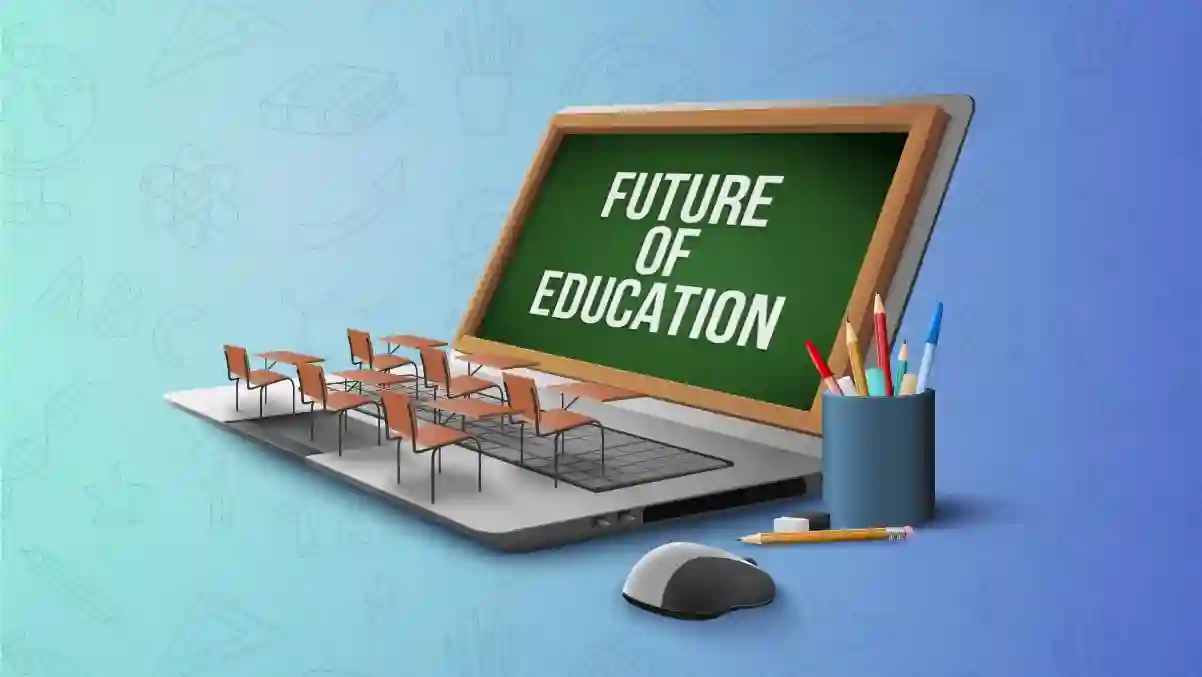Ladies and gentlemen, in today’s interconnected world, education is not just about gaining knowledge; it’s a powerful force for fostering cultural understanding and nurturing global citizenship. It’s like a bridge that connects people from diverse backgrounds and encourages empathy and tolerance. In this article, we’ll delve into how education plays a pivotal role in promoting cultural understanding and preparing individuals to be responsible global citizens.
To begin with, education serves as a window to the world. It’s like a passport that allows individuals to explore different cultures, traditions, and perspectives. As students learn about the history, languages, and customs of other countries, they gain a broader understanding of the rich tapestry of humanity. Education encourages them to embrace cultural diversity and recognize the value it brings to our global community.
Education also promotes empathy and tolerance. It’s like a mirror that reflects the experiences and struggles of people from different backgrounds. Through literature, history, and social studies, students are exposed to the stories of individuals from diverse cultures. This exposure fosters empathy and helps students relate to the experiences of others, even when they come from vastly different backgrounds.
Moreover, education encourages students to challenge stereotypes and prejudices. It’s like a wrecking ball that tears down the walls of ignorance and bias. When individuals are educated about the harmful effects of stereotypes and the importance of breaking down prejudice, they are more likely to confront these issues and work towards a more inclusive and equitable society.
Education also teaches individuals the importance of respecting cultural differences. It’s like a compass that guides them towards cultural sensitivity. When students understand that there is no one-size-fits-all approach to culture, they learn to appreciate the uniqueness of each culture and the value it brings to the global mosaic. This respect for diversity is fundamental to fostering cultural understanding.
But it’s not just about theoretical knowledge; education encourages students to engage in meaningful cultural exchanges. It’s like a bridge that connects people from different corners of the world. Through exchange programs, study abroad opportunities, and multicultural classrooms, students have the chance to interact with individuals from diverse backgrounds. These experiences provide firsthand insights into other cultures and promote cross-cultural friendships.
Education also emphasizes the importance of effective communication in a global context. It’s like a language that connects people across borders. When students learn to communicate in multiple languages and understand the nuances of cross-cultural communication, they become better equipped to bridge cultural gaps and build connections with people from around the world.
Let’s not forget about the role of educators in this process. Teachers are like cultural ambassadors who guide students on their journey towards global citizenship. A skilled educator can create a classroom environment that celebrates diversity, encourages respectful dialogue, and fosters a sense of belonging for students from all backgrounds.
Furthermore, education promotes global awareness and a sense of shared responsibility. It’s like a wake-up call to the challenges facing our planet. Through subjects like global studies and environmental education, students learn about pressing global issues, such as climate change, poverty, and human rights violations. Education inspires them to take action and become responsible global citizens.
Education also encourages individuals to think critically about global challenges. It’s like a mental gym that strengthens their ability to analyze complex issues and propose innovative solutions. When students engage in discussions and projects that address global problems, they develop the critical thinking skills needed to make a positive impact on a global scale.
Moreover, education fosters a sense of belonging to a global community. It’s like a reminder that we are all interconnected, regardless of our geographical origins. When students understand their place in the global context, they are more likely to empathize with the challenges faced by others around the world and take action to address them.
But it’s not just about awareness; education encourages individuals to become active global citizens. It’s like a call to action. Whether through volunteer work, advocacy, or involvement in international organizations, education empowers students to make a difference in the world. It instills in them a sense of responsibility to contribute to positive global change.
Education also teaches individuals the importance of cultural preservation and conservation. It’s like a guardian of cultural heritage. Through courses in cultural studies and heritage preservation, students learn about the significance of protecting cultural traditions, languages, and historical sites. This awareness helps preserve the cultural richness of our world.
In conclusion, education for global citizenship is not a luxury; it’s a necessity in our interconnected world. Education equips individuals with the knowledge, skills, and empathy needed to foster cultural understanding and become responsible global citizens. It promotes empathy, tolerance, and respect for diversity while encouraging individuals to challenge stereotypes and prejudices.
So, whether you’re a student embarking on your educational journey or someone looking to promote cultural understanding and global citizenship, remember that education is more than just acquiring facts; it’s a powerful force that can bridge cultural gaps and build a more inclusive and harmonious world. Embrace the power of education, and let it be your guide to becoming a responsible global citizen who values and celebrates the cultural diversity of our global community.


